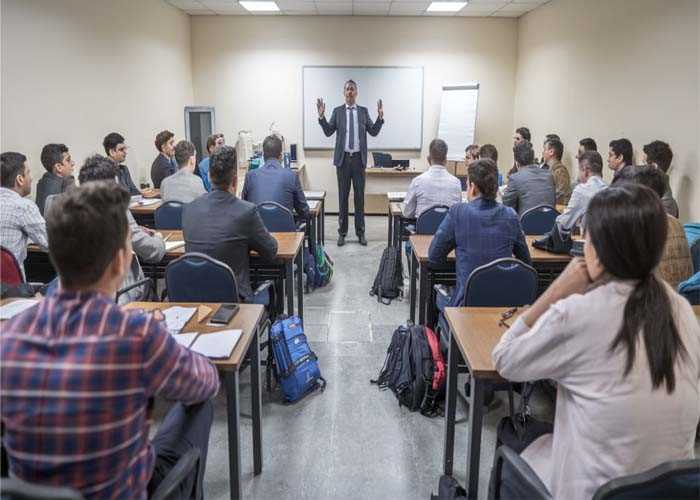
E- Learning & Digital Literacy
The Central Administration for Digital Community Development believes in information technology tools capabilities in meeting the digital educational gap that comes out of Ministry of Communications & Informations Technology's plan which based upon technology role in developing and supporting all elements of educational operation. That works on increasing competitive abilities for graduates and enhancing E- Learning technologies.
The administration seeks through its digital community development projects into activate and enhance suitable usages of educational technologies which serve all community categories. From here, working on establishing (ELCC) The E- Learning Competence Centre had been since the year 2004 through a cooperation agreement between the Ministry and Sysco systems International Company to be a pioneer in electronic content development field presenting internet training courses by using most recent technologies and ways of e-learning and blending also, through following quality standards of e - learning with providing a significant electronic training content supported with case studies and best practices to prepare qualified cadres in the Egyptian work market as well as merging recent practice of Informations & Communications technology to develop e – learning operation as it is the pushing tool to the human, economical, and social wheel in Egypt.
In the same time and by the history of digital community development projects which really started working on e – learning axis and literacy since 2002, through illiteracy program by using Communications and Informations technology which used most recent technologies for transforming the content regarding official education of illiteracy classes that had been presented by the general Authority for Literacy & Adult Education into interactive content. That's through an educational program based upon computer device for teaching uneducated the basic skills for reading and writing , that will be an incentive for them to a continuous benefit from the learning operation especially in rural and urban areas which stretched to cover all categories of the community.
2) The team work relied upon obedience of recent usages of technologies that really exist by adapting with local environments, as '' Tabluter '' tool had been innovated by using traditional wooden table known in Egypt as '' tableyah ''. The Tabluter was a computer device consisted of a single central treatment unit '' CPU'' connected to tableyah stretched to serve four private persons. That's in an attempt to overcome customs & traditions in communities which enchain woman going out for learning or working. This technological model has been used as a computer lab. Moves in houses which permits dealing with computer and illiteracy without prejudice to customs & traditions at these communities.
Furthermore we developed a series of free educational CDs that contained traditional educational curricula in an electronic manner and targeted users of both illiteracy program and also student with limited hearing and visual disabilities through students with disabilities of hearing and talking supporting project using Informations technology. As the CDs could help transforming, spread, and sustainability the educational services. So that it has been permitted usage by any civil society organizations, Informations technology clubs, training canters, schools, or community learning canters in a frame that can help enhancing the educational means special for them. It can be used as a single form in the house to help eliminating illiteracy of any citizen talks Arabic in a way that he is be able to contribute in community development activities.
The digital community development projects interested in electronic connection with targeted categories of educational operation through establishing an education gate called '' Egyptian Teacher '' on community development platforms '' Kenanah online '' which provide distant education opportunities using special courses of curricula of General Authority for Literacy and Adult Education, through which forming local networks to those who teach in educational operation from teachers, students, and parents in different communities to discuss the means of education development using information technology.

 العربية
العربية